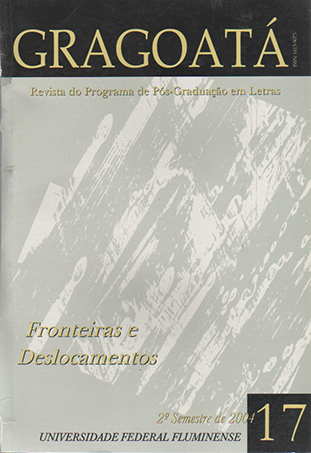Diaspora in Caryl Phillip's "Crossing the river" (1993) and "A Distant shore" (2003)
Keywords:
Caribbean novel, Caryl Phillips, diaspora, subjectivity, hybridityAbstract
The old (slavery, indentured workers) and new (refugees, comfort women, immigrants seeking jobs) diasporas are analyzed within the context of Caribbean literature. Kittitian Caryl Phillips's novels Crossing the River and A Distant Shore, published respectively in 1993 and 2003, deal with both types of diaspora. While the former investigates the outcome of a Christian U.S. slave repatriated to Liberia and the vicissitudes of a Negro woman on her journey west towards freedom, the latter novel develops the diaspora problems of a modem African who flees his country because of civil war and goes to England to work. Results show that in a transnational economy people of the old diaspora are more liable to find freedom and subjectivity than those of the new diaspora. In the modem diaspora unrelieved frustration and loneliness are certain.
---
Original in English.
Downloads
Downloads
Published
How to Cite
Issue
Section
License
Authors who publish in Gragoatá agree to the following terms:
The authors retain the rights and give the journal the right to the first publication, simultaneously subject to a Creative Commons license CC-BY-NC 4.0, which allows sharing by third parties with due mention to the author and the first publication by Gragoatá.
Authors may enter into additional and separate contractual arrangements for the non-exclusive distribution of the published version of the work (for example, posting it in an institutional repository or publishing it in a book), with recognition of its initial publication in Gragoatá.

Gragoatá is licensed under a Creative Commons - Attribution-NonCommercial 4.0 International.











